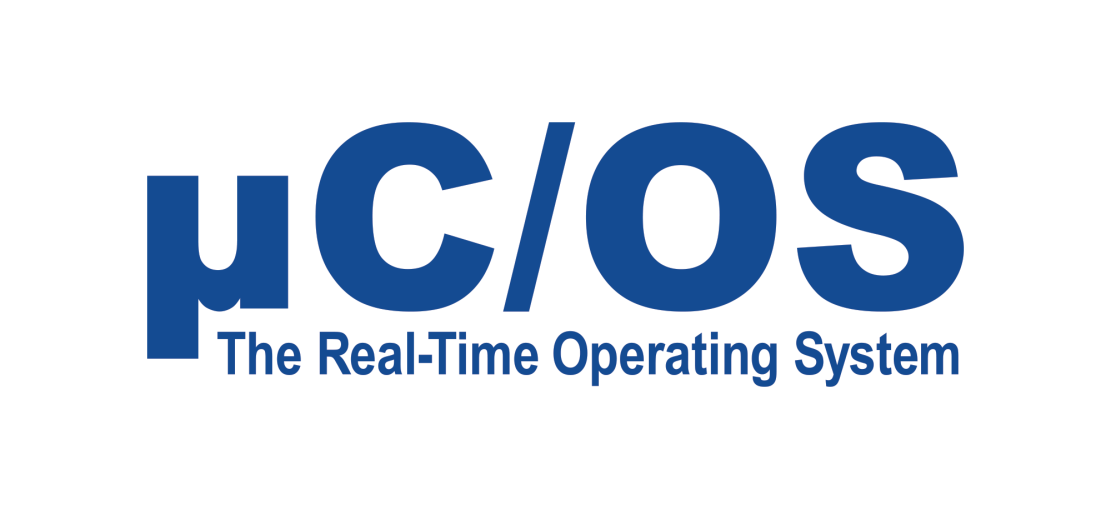— Developers Gain Access to Full Suite of Leading Embedded RTOS Software Components at No Cost —
Silicon Labs (NASDAQ: SLAB) announces a new open-source licensing model for Micrium µC/ family of RTOS components. By adopting permissive license terms for the µC/ components, Silicon Labs is extending the benefits of µC/ software to the widest user base possible and giving the embedded developer community a role in future software development efforts.
Silicon Labs plans to ensure a smooth transition to open-source terms for all licensees of µC/ software. The company will continue to provide technical support for customers with valid maintenance agreements. Silicon Labs is also working closely with partners who may offer similar support services in the near future.
The new open-source µC/ license model will go into effect on February 28, 2020. The open-source license applies to all µC/ software components including µC/OS-II, µC/OS-III, µC/FS, µC/TCP-IP, µC/USB-Device, µC/USB-Host, µC/CAN and µC/Modbus.
The open-source licensing change does not affect Silicon Labs’ exclusive Micrium OS software optimized for the company’s products and available to developers through Simplicity Studio. Micrium OS is designed to be used commercially by customers on Silicon Labs’ EFR32 wireless SoCs and EFM32 microcontrollers (MCUs) with no licensing fees. Although it is not open source, Micrium OS source code is available to Silicon Labs customers.
“The µC/ family of RTOS components has been a fixture in the embedded market for many years, and open-source licensing represents the next phase in the evolution of this popular software,” said Riku Mettala, vice president of IoT software and tools at Silicon Labs. “This new open-source model means that µC/ software will be freely available to developers seeking a proven foundation for their embedded projects in the commercial domain. The licensing change also ensures that the µC/ components will remain viable across a wide range of market segments including the IoT where open-source software is particularly popular.”
For more information about open-source licensing of µC/ components, visit silabs.com/uc-licensing.










